
A Couple’s Duet of Love & Lust
Developer: King B
Browse our collection of adult games tagged with "Impregnation porn games".

Developer: King B

Developer: MuseX

Developer: Jabbonk
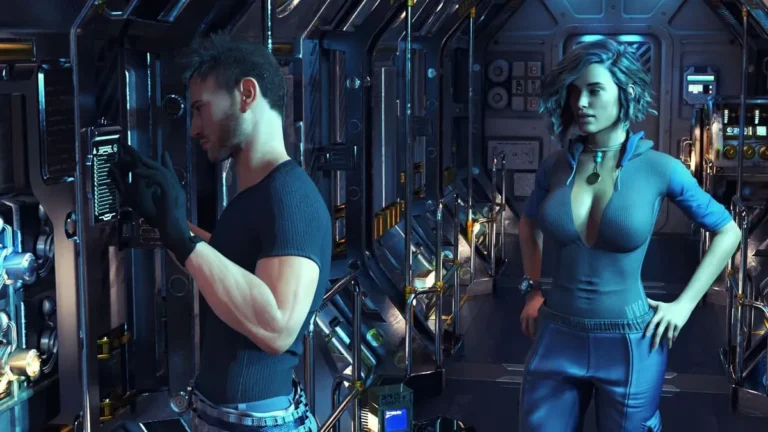
Developer: Tora Productions

Developer: LewdAnnieMay -
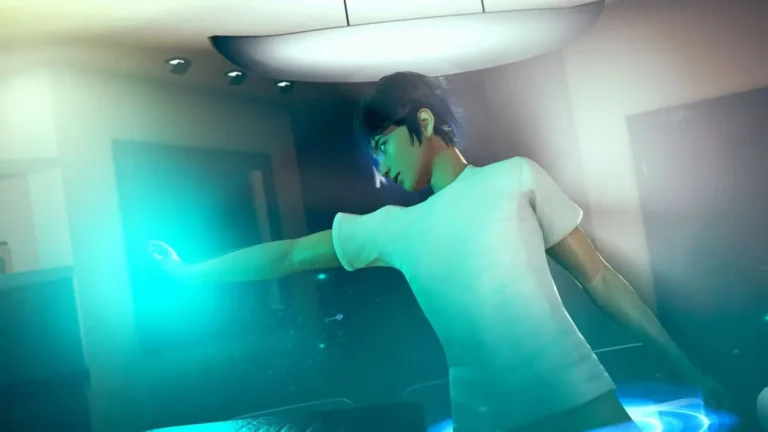
Developer: Invader Gary

Developer: SerialNumberComics

Developer: Captain Crystallo

Developer: Dark Anu

Developer: VoidPilgrim

Developer: Leocid2

Developer: NiiChan

Developer: Frozen Synapse

Developer: Mr. ZZ

Developer: MrDots Games

Developer: Gloomy Ghost
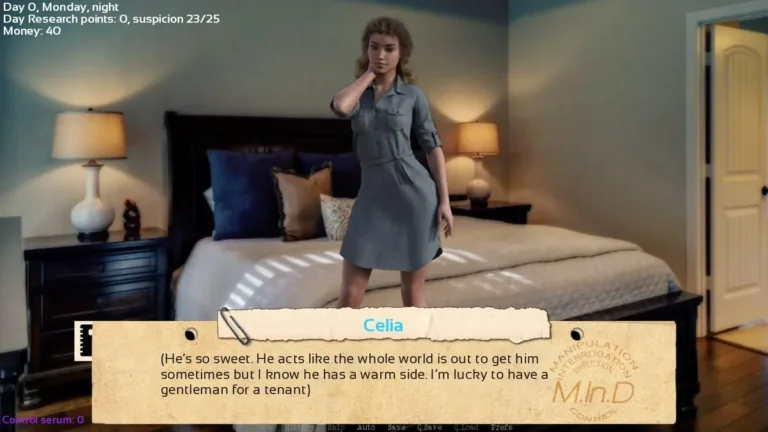
Developer: Studio Dystopia


Developer: NLT Media
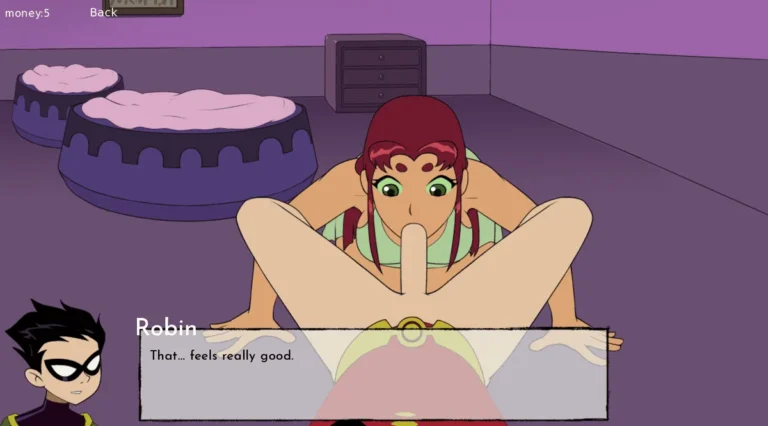
Developer: Mity

Developer: Mega Lono

Developer: BangCityDev

Developer: Dante

Developer: JamLiz

Developer: Xell

Developer: Pandaman Games

Developer: BlueCat
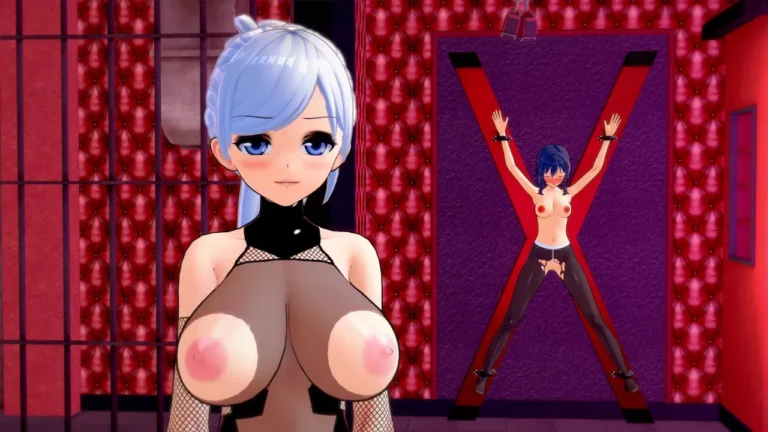
Developer: Jamleng Games

Developer: deadbeat

Developer: PhillyGames

Developer: PandaLoverGames

Developer: Bloody Ink

Developer: TwistedScarlett
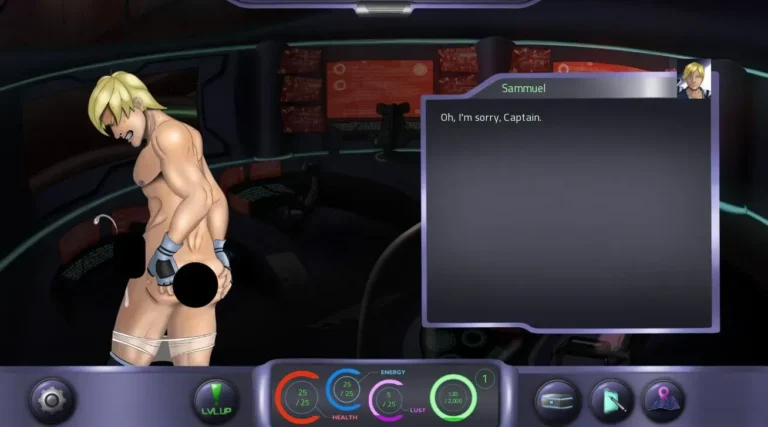
Developer: Xperiment

Developer: Neverlucky

Developer: SparkHG

Developer: Inceton Games

Developer: Hentai works

Developer: Kamuo

Developer: SnatsGames

Developer: Biting The Bullet

Developer: Nefastus Games

Developer: Cosy Creator

Developer: digi.B

Developer: Mr.Mister

Developer: DecentMonkey

Developer: SnubbLR

Developer: SLim Games

Developer: Deviant_smite

Developer: Guter Reiter

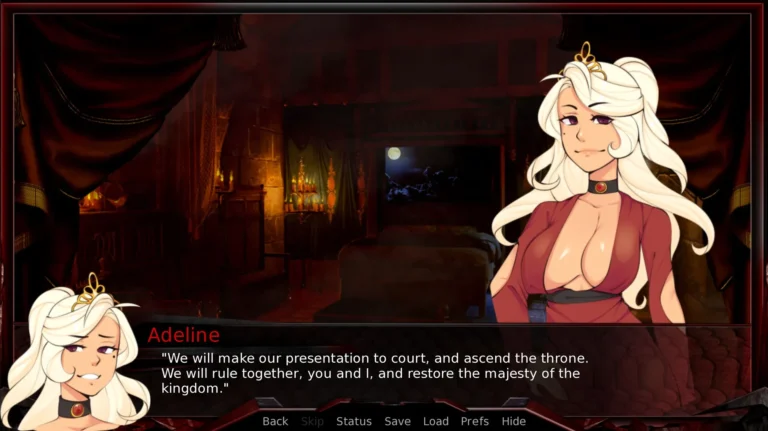
Developer: 4MinuteWarning

Developer: Candy.ai
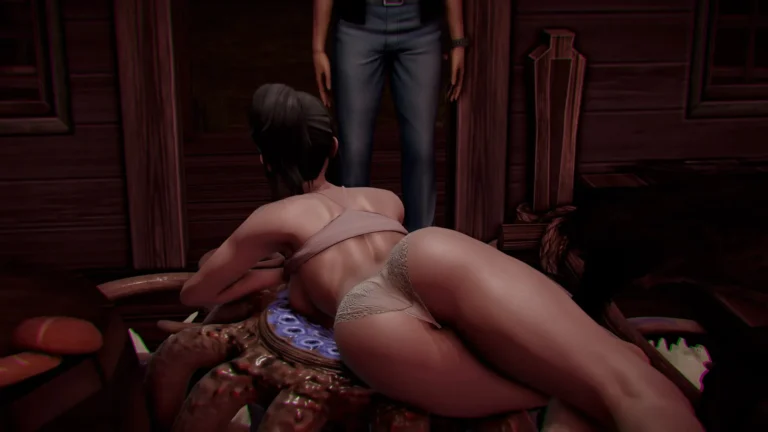
Developer: recreation

Developer: Terebonkoff

Developer: Sex Curse Studio

Developer: Professor Amethyst Games

Developer: tightbuns

Developer: Eva Kiss
The integration of reproductive themes in adult games has sparked both curiosity and controversy. From narrative-driven simulations to strategic gameplay mechanics, developers are exploring this sensitive topic through interactive experiences. This analysis examines how titles like ‘Fantastic Fetus’ and ‘Ravager’ approach the subject matter, balancing player fantasies with meaningful storytelling while navigating complex ethical considerations.
Let’s cut to the chase: when you think of pregnancy game mechanics, your mind might jump to cheap shock value or lazy storytelling. But what happens when a game like Fantastic Fetus turns that expectation on its head? 🎭 Instead of treating reproduction as a gag or gimmick, it weaves it into a biting satire about bodily autonomy and societal control. You play as a character navigating a dystopian world where every decision—from genetic modifications to relationship dynamics—shapes not just your virtual child’s future, but the political landscape of the game’s universe.
I remember a friend sheepishly admitting they’d spent hours replaying Fantastic Fetus just to see how different choices affected the story’s ending. “It’s like The Sims meets 1984,” they laughed. And they’re not wrong. By tying player choice consequences to long-term narrative arcs, these narrative-driven adult games force us to confront real-world issues through a speculative lens. Want to challenge strict reproductive laws in-game? Prepare for riots, propaganda campaigns, and even character betrayals.
The magic here lies in ethical game design that respects the subject matter. Fantastic Fetus doesn’t trivialize its themes—it weaponizes them. Your decisions around pregnancy aren’t just checkboxes; they’re narrative landmines that explode into moral dilemmas.
| Game Title | Core Mechanic | Narrative Role | Player Impact |
|---|---|---|---|
| Fantastic Fetus | Political choice system | Satirical commentary | Alters world events |
| Ravager | Lineage-based skill trees | Fantasy eugenics | Changes combat abilities |
| Lifeblood | Resource management | Survival drama | Affects community trust |
Now let’s talk about Ravager—a game where your dragon protagonist’s offspring aren’t just cute NPCs, but living weapons. 🐉 Here, pregnancy game mechanics morph into a strategic layer: mate with different species to unlock hybrid abilities, balance genetic traits, and manage a growing brood of fire-breathing heirs. It’s part dating sim, part tactical RPG, and 100% unapologetic about its absurdity.
What makes this work? The player choice consequences are immediate and visceral. Pick a partner with frost resistance, and your dragonlings gain ice armor. Prioritize speed over strength? Your flight mechanics change entirely. But here’s the kicker: these decisions also affect how NPCs treat you. One wrong move, and your once-loyal allies might see your “unnatural” offspring as abominations.
“We didn’t want players to feel like gods—we wanted them to feel the weight of creation,” explains Ravager’s lead designer in a recent interview. “Every egg hatched is a commitment, not just a trophy.”
This approach turns reproduction into a high-stakes resource management game. You’re not just collecting achievements; you’re building a legacy—and potentially dooming it. 🧩
Let’s get real: not everyone’s thrilled about narrative-driven adult games diving into reproductive themes. Scroll through Itch.io forums, and you’ll find heated threads praising games for their boldness—or tearing them apart for “crossing lines.” One user raved about Fantastic Fetus’s abortion rights arc, calling it “the most impactful commentary since Papers, Please.” Another dismissed the same plotline as “trauma tourism.” 😤
The tension often boils down to community content guidelines. Platforms walk a tightrope between allowing creative freedom and preventing exploitation. Some devs argue that strict moderation stifles meaningful storytelling, while players demand clearer content warnings. Take Cradle of Chaos: its optional pregnancy mechanic sparked outrage when players realized avoiding it locked them out of 30% of the story. Was that fair? Depends who you ask.
Here’s where ethical game design becomes non-negotiable. Games tackling sensitive topics need:
– Transparent labeling (no bait-and-switch mechanics)
– Meaningful opt-outs (players shouldn’t be punished for skipping content)
– Community co-creation (let modders adjust themes for personal comfort)
The debate isn’t going away, but neither is the innovation. As one developer tweeted: “If my game makes you uncomfortable, good. Now let’s talk about why.” 💥
Love it or hate it, pregnancy game mechanics are pushing boundaries in ways that matter. Whether it’s Fantastic Fetus turning reproductive rights into gripping drama or Ravager making lineage feel like a chess match, these games prove that even taboo topics can fuel unforgettable stories. The key? Balancing player choice consequences with ethical game design—and listening when communities say, “This isn’t working.”
So next time you see a game exploring these themes, ask yourself: Is it just shock value, or is there something deeper here? Your answer might surprise you. 🔍
The examination reveals that pregnancy mechanics serve as more than titillation – they create spaces for exploring complex social issues through interactive systems. While titles vary in their approach, the most impactful ones balance player agency with thoughtful commentary. As the genre evolves, ongoing dialogue between creators and communities remains crucial for responsible development.
Have a favorite adult game that's not in our collection? Let us know and we might feature it!
Contact Us